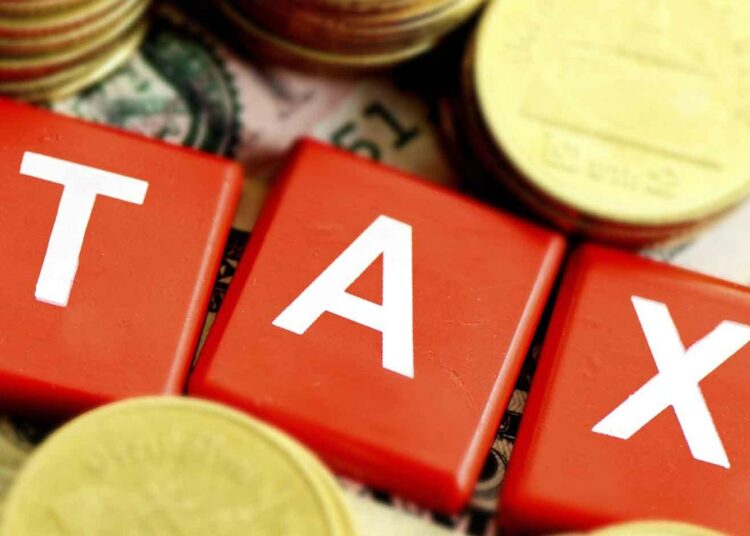Beginning from January 2026, Nigerians will be required to provide their full details — including National Identification Number (NIN), Tax Identification Number (Tax ID), phone number, and address, among others — to access services from Virtual Assets Service Providers (VASPs) for crypto and other virtual asset trades.
This new requirement, embedded in the Nigeria Tax Administration Act, 2025, and the Nigeria Tax Act, 2025, is designed to plug loopholes in the financial system and tighten regulatory oversight across both the formal and digital economy.
The country’s tax reforms also make it mandatory for anyone earning an income to have a Tax ID to access services from any financial institution, insurance company, or stockbroking firm.
VASPs are firms or individuals licensed to offer services such as the exchange, transfer, custody, or management of digital assets—including cryptocurrencies, tokens, and digital collectables—on behalf of their clients.
This comes as President Bola Ahmed Tinubu directed financial and capital market regulators to strengthen oversight on using stablecoins and digital currencies in Nigeria. The Nigeria Tax Administration Act, 2025, one of four acts gazetted following reforms in the country’s tax laws, is part of efforts to expand the nation’s tax net and deepen revenue collection.
Consequently, it is now compulsory for Nigerians to provide both their National Identification Number (NIN) and Tax Identification Number (Tax ID) for all crypto-related dealings and traditional banking transactions.
Defaulting VASPs will face a N10 million sanction, with an additional N1 million for every month of non-compliance, and the Securities and Exchange Commission (SEC) may revoke their license.
Section 8(2) of the Nigeria Tax Administration Act, 2025, specifically states that:
“A person engaged in banking, insurance, stock-broking, or other financial services in Nigeria shall ensure that every taxable person provides a Tax ID.”
According to the act, a taxable person is anyone “who carries out economic activity in a place or a person exploiting tangible or intangible property for the purpose of obtaining income therefrom by way of trade or business, or an agency of Government acting in that capacity.”
Thus, any individual or entity carrying out economic activity in Nigeria, or exploiting physical or intellectual property to earn income through trade or services, becomes taxable — irrespective of whether the person is resident within the country.
Also, Section 25(1) of the Nigeria Tax Administration Act, 2025 states:
“A taxable person engaged in services related to the exchange, custody, or management of virtual assets as a Virtual Asset Service Provider (VASP) shall, with or without notice, in addition to the returns provided in sections 11 and 13 of this Act, submit to the relevant tax authority the information prescribed in subsection (2).”
The monthly returns that VASPs must submit are expected to include a description of the virtual asset service (exchange, sale, or transfer of virtual assets), the transaction date, the type and value of the virtual assets involved, and the sales value of the virtual assets.
They are also required to provide the customer’s name, address, telephone number, email address, and Tax ID, including the customer’s National Identification Number, as well as the same details for any counterparty involved in the transaction — along with any other particulars prescribed by the relevant tax authority.
It further states:”Notwithstanding subsections (1) and (2), the relevant tax authority may at any time, with or without notice, request a VASP to submit further information in a prescribed form, on a specified date.”
Beyond compliance at onboarding, banks will file quarterly reports to tax authorities. These reports must include details of new customers, existing ones whose cumulative monthly transactions exceed N25 million for individuals and N100 million for corporates.







